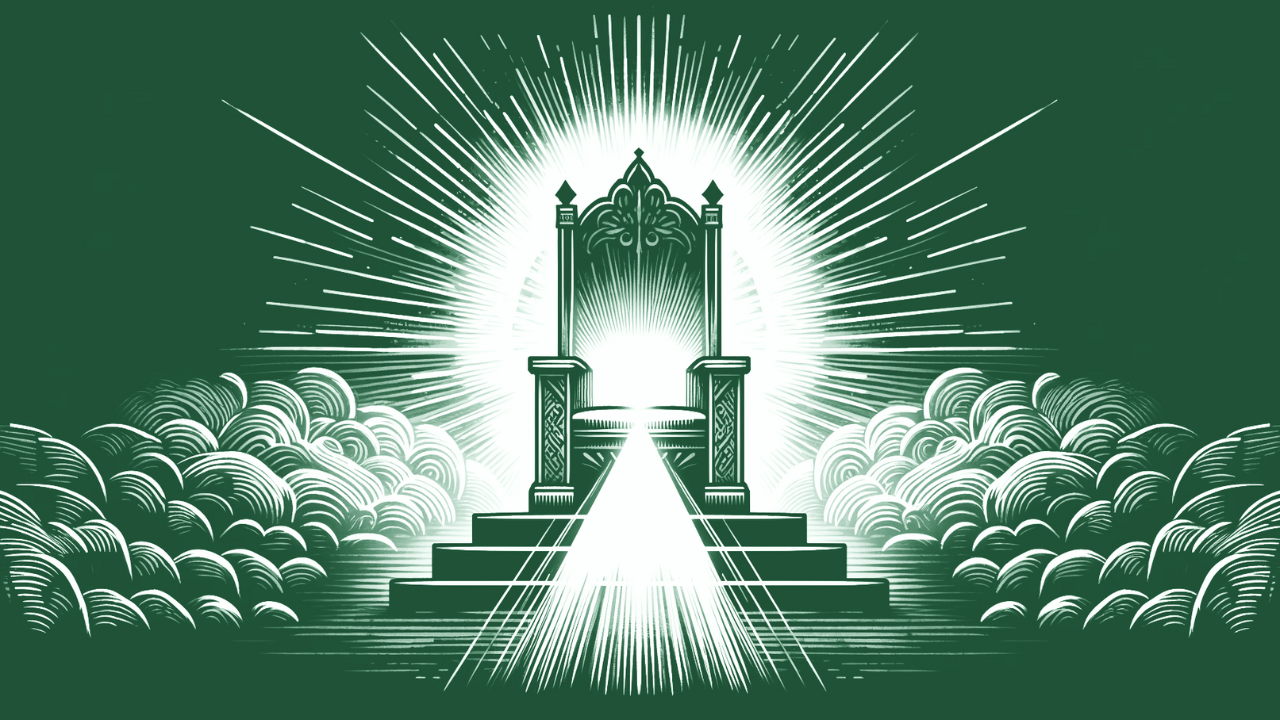
In his gospel, Luke does not record a ‘Sermon on The Mount’ like Matthew does. Rather, he has what is often called the ‘Sermon on The Plain’ (Luke 6:20-49), and it is a slightly different version of what we have in Matthew 5-7. This was probably a different teaching at a different time. I don’t think that Jesus taught something once and then moved on… rather, He taught the same thing multiple times to different audiences and maybe not in the same exact way either.
But as soon as He concludes this teaching, he goes back to His adopted hometown of Capernaum. (This story is in Luke 7:1-10.) Separately, there was a Roman centurion in Capernaum who had a servant who was deathly ill. Now, at this time, centurions had the right to kill their servants if they became unable to serve. But this centurion is different.
He sends what Luke calls the ‘elders of the Jews’ (whether they were religious or civil leaders, we don’t know) to Jesus to ask for help. In Capernaum, Jesus had already developed a reputation as a healing Rabbi.
These Jewish leaders come to him and tell Jesus that He absolutely just HAS to help this man. He was different from other centurions in that he loved the Jewish people and had actually helped build the local synagogue. He was deserving. He was a good and righteous man, and Jesus needed to help him.
So Jesus goes along with these Jewish leaders towards the centurion’s house, but before He can get there, He is met by another delegation. These are the friends of the centurion (probably Roman soldiers themselves). They tell Jesus (and it seems as if these friends are directly quoting the unnamed centurion) that he is not worthy that Jesus should come into his house. At this time, Jewish tradition said that a Jew should not enter a Gentile home, but the actual law did not prohibit it.
The friends tell Jesus that the centurion knows that only a word from Jesus is sufficient. The centurion is also a man who has authority, and that if he tells someone to go and do something, it will get done. He has no doubt. And he believes that Jesus has the same type of authority. Jesus simply needs to say a word, and the servant will be healed.
Jesus is amazed at this and says that He hasn’t found such faith anywhere, even among the Jews (who should have had such faith). He considered this faith of the Roman centurion, who would have been a symbol of Jewish oppression—and thought it to be greater than any faith He had yet seen.
The friends of the centurion return home and find the servant to be healed. Luke does not record that Jesus even said a word about healing the servant, and yet he was healed. Apparently, as far as Luke is concerned, Jesus did not even need to speak a healing word, and it was done.
The power of God’s Word? Go back to Genesis 1:3… “Then God said, ‘Let there be light,’ and there was light.” He effortlessly spoke light into existence. Whether it is speaking light into existence at the beginning of the universe or healing the servant of a Roman centurion, there is power in the Word of God.
Whatever you are struggling with today… maybe it is health, relationships, or… dare I say… sin… know that there is power in the Word of God to make all things right. As God brought light out of chaos in Genesis 1, and healed a centurion’s servant in Luke 7, there is power in God’s Word to bring light into your life situation and healing to whatever you are facing.



